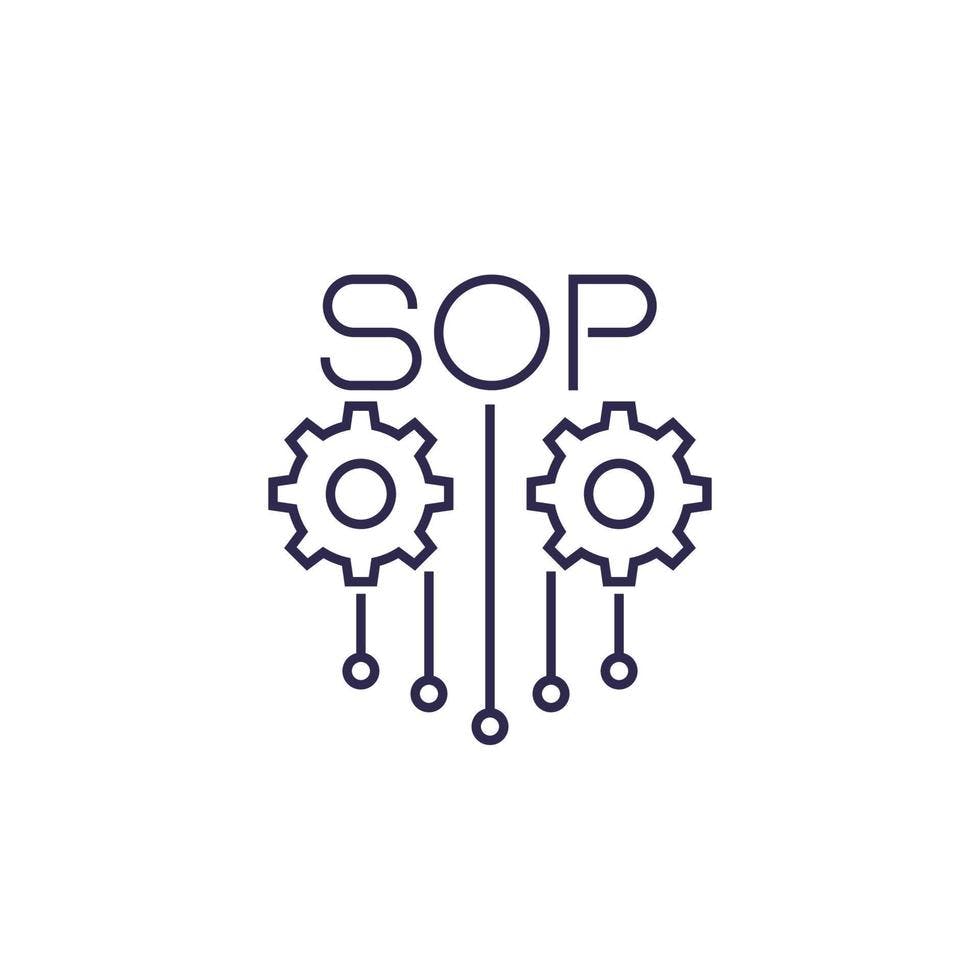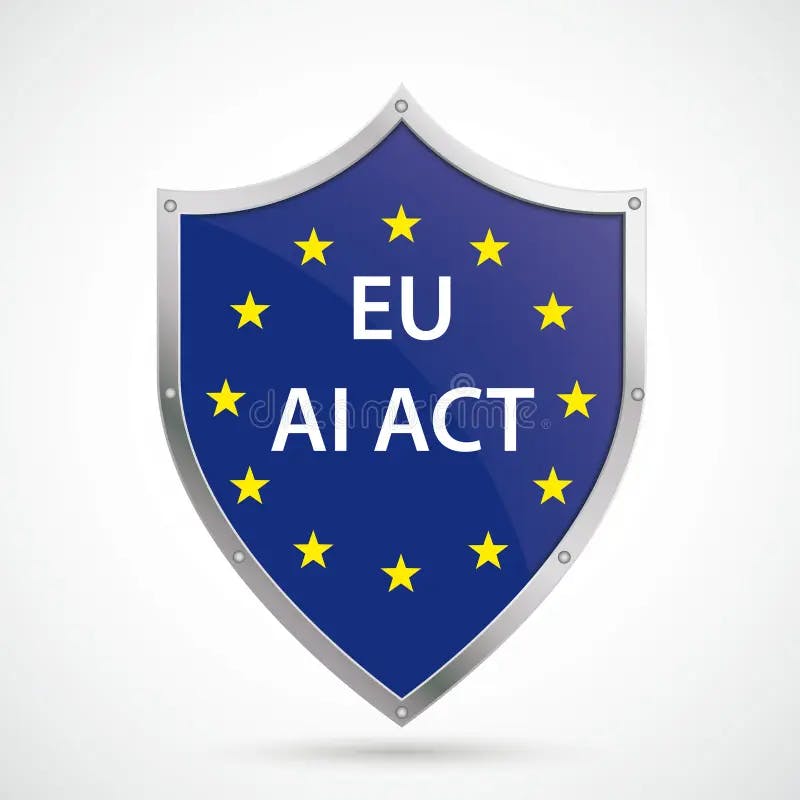California Privacy Law for Marketing Agencies: What's Changed in 2025 & How to Stay Compliant
California privacy law for marketing agencies has reached peak complexity in 2025, with enforcement actions targeting mainstream businesses and technical configuration failures resulting in substantial financial penalties. The California Consumer Privacy Act (CCPA) and California Privacy Rights Act (CPRA) now require comprehensive operational changes that affect every aspect of digital marketing campaigns.
Marketing agencies face unique challenges because they manage just the touchpoints where privacy compliance matters most — tracking pixels, customer databases, advertising platforms, and cross-site behavioral targeting (here's a quick CCPA checklist for marketers). Recent enforcement actions demonstrate that regulatory authorities view agencies as shared responsibility holders for client compliance violations.
This guide examines critical 2025 updates affecting agency operations, from Global Privacy Control implementation to dark pattern enforcement, providing actionable strategies for maintaining effective marketing campaigns within CPRA compliance marketing 2025 regulatory framework. Beyond California, marketing teams must also navigate an expanding web of US state privacy laws in 2026.

Prioritizing user privacy is essential. Secure Privacy's free Privacy by Design Checklist helps you integrate privacy considerations into your development and data management processes.
Core Legal Framework: CCPA and CPRA Requirements
The California Consumer Act (CCPA) established foundational rights in 2020, creating obligations for businesses meeting specific thresholds: annual gross revenue exceeding $26,625,000, processing personal information of 100,000+ California residents annually, or deriving 50% or more revenue from selling or sharing personal information. Marketing agencies frequently meet these criteria through extensive data processing across client campaigns.
The California Rights Act (CPRA), effective since January 2023, significantly expanded these protections through what regulators call "CCPA 2.0." The CPRA introduced sensitive personal information categories, enhanced opt-out requirements, and created the California Protection Agency (CPPA) with dedicated enforcement authority.
Key Agency Obligations include implementing "Do Not Sell or Share My Personal Information" links, providing "Limit the Use of My Sensitive Personal Information" options, recognizing Global Control signals automatically, and maintaining comprehensive audit trails for all consumer requests across client properties.
Financial Liability has escalated substantially, with CPRA penalties reaching $7,500 per intentional violation. For agencies processing data from thousands of California residents, violation exposure can quickly reach millions of dollars, as demonstrated by recent enforcement actions targeting technical configuration failures.
Critical 2025 Updates Affecting Marketing Operations
Enhanced Sensitive Personal Information Rules
Expanded Sensitive Data Categories now include behavioral tracking patterns, precise geolocation data, and demographic profiling information commonly used in marketing campaigns. Agencies must obtain explicit consent before using sensitive data for purposes beyond basic service provision, affecting location-based marketing, demographic targeting, and behavioral profiling activities.
Cross-Context Behavioral Advertising Restrictions significantly limit targeted advertising practices that agencies rely on for campaign effectiveness. The CPRA defines targeted advertising as displaying advertisements based on personal data obtained from consumer activity across non-affiliated websites, encompassing most modern digital advertising including retargeting campaigns and lookalike audiences.
Mandatory Opt-Out Implementation requires agencies to provide clear mechanisms for all targeted advertising activities. When consumers opt out, agencies must ensure third-party advertising platforms respect these preferences across their entire technology stack, including Google Ads, Facebook advertising, and programmatic display networks.
Global Privacy Control Marketing Implementation
Automatic Signal Recognition became mandatory in 2025, requiring technical infrastructure to detect browser signals and automatically apply data processing restrictions. When GPC is detected, agencies must immediately honor opt-out requests without requiring additional user action, affecting all behavioral advertising and cross-site tracking activities.
Technical Implementation Requirements involve configuring advertising platforms, analytics tools, and marketing automation systems to respect GPC signals across all client campaigns. This includes updating consent management platforms, modifying tracking implementations, and ensuring vendor compliance throughout advertising technology stacks.
Documentation and Monitoring obligations require agencies to maintain detailed records of GPC signal processing, including automatic opt-out application, vendor notification procedures, and ongoing compliance verification across client properties.
Dark Pattern Enforcement Intensification
User Experience Scrutiny has increased dramatically, with CPPA enforcement actions specifically targeting confusing opt-out interfaces, hidden links, and manipulative consent design. Agencies must ensure choices are presented clearly without design elements that discourage consumer rights exercise.
Prohibited Design Patterns include pre-checked boxes for data sharing, difficult-to-find opt-out mechanisms, confusing language that obscures choices, and multi-step processes that complicate rights exercise. These restrictions affect consent banner design, policy presentation, and customer account interfaces.
Interface Testing Requirements now include regular user experience audits to ensure controls remain accessible and understandable. Agencies should implement quarterly reviews of consent interfaces, opt-out mechanisms, and disclosure presentations across all client properties.
Marketing Workflow Compliance Strategies
Advertising Platform Configuration
Retargeting Campaign Compliance requires careful audience segment management that respects consumer opt-out preferences. Agencies must implement systems that prevent opted-out consumers from receiving behavioral advertising across Meta, Google, LinkedIn, and programmatic platforms while maintaining campaign effectiveness for consenting users.
Custom Audience Management involves updating upload processes to exclude consumers who have opted out of data sharing or sales. This includes implementing suppression lists, configuring platform-specific opt-out mechanisms, and maintaining synchronization between agency databases and advertising platform audience segments.
Tracking Pixel Compliance affects email marketing, embedded video content, and website analytics implementation. Agencies must ensure tracking technologies respect GPC signals, provide clear disclosure of data collection purposes, and offer accessible opt-out mechanisms for all non-essential tracking activities.
Consent vs. Legitimate Interest Analysis
Business Purpose Evaluation requires careful assessment of each data processing activity to determine appropriate legal basis under CPRA requirements. Unlike GDPR's legitimate interest balancing tests, CPRA follows an opt-out framework requiring clear disclosure and accessible withdrawal mechanisms.
Marketing Activity Classification involves categorizing campaigns by data processing purpose, identifying activities that constitute "sales" or "sharing" under CPRA definitions, and implementing appropriate consumer choice mechanisms for each category of processing.
Vendor Relationship Management requires distinguishing between service providers and third parties, implementing appropriate contractual protections, and ensuring vendor compliance with consumer opt-out preferences across all marketing technology integrations.
Privacy-Compliant Marketing Stack Development
Consent Management Platform Requirements
CPRA-Specific Functionality must include automated cookie scanning, GPC signal detection, comprehensive audit trails, and real-time consent signaling to advertising partners. Leading solutions integrate with major advertising platforms through standardized frameworks like IAB's Global Platform (GPP) and US (USP) strings.
Multi-Jurisdiction Support enables agencies serving clients across different regulatory environments to maintain consistent controls while adapting to specific requirements. Platforms should handle CPRA opt-out mechanisms alongside GDPR consent requirements and emerging state laws.
Automated Monitoring reduces ongoing maintenance overhead through real-time scanning, policy update automation, and regulatory change notifications. This transforms requirements from reactive burden to proactive business protection while reducing manual oversight requirements.
Data Subject Request Automation
Streamlined Processing Systems handle growing volumes of consumer requests for data access, portability, and deletion across client properties. Automated workflows reduce administrative burden while ensuring timely compliance with regulatory deadlines that can trigger substantial penalties.
Cross-Client Management enables agencies to process requests efficiently when consumers interact with multiple client brands. Centralized systems should maintain appropriate data separation while providing unified request processing and response coordination.
Audit Trail Maintenance provides comprehensive documentation for regulatory investigations, including request receipt timestamps, processing activities, response delivery confirmation, and ongoing monitoring for verification purposes.
Ad Tech CPRA Rules and Vendor Management
Service Provider vs. Third Party Classification
Contractual Requirement Analysis involves evaluating every marketing technology relationship to determine appropriate classification under CPRA requirements. Service provider arrangements require specific contract language restricting how vendors retain, use, or disclose personal information.
Advertising Platform Agreements must include necessary privacy law compliance provisions, consumer opt-out request processing obligations, and data security requirements. Agencies should regularly audit vendor compliance and maintain documentation demonstrating ongoing privacy law adherence.
Data Sharing Documentation requires comprehensive mapping of all personal information sharing activities, including identification of data recipients, processing purposes, retention periods, and consumer choice mechanisms for each sharing relationship.
Technology Stack Compliance Assessment
Cookie and Tracker Inventory involves cataloguing all data collection mechanisms across client properties, including first-party cookies, third-party tracking pixels, analytics implementations, and advertising technology integrations that process California consumer data.
Vendor Risk Assessment evaluates each marketing technology provider for privacy compliance capabilities, contract adequacy, and technical ability to honor consumer opt-out preferences. This includes regular compliance verification and documentation maintenance.
Integration Testing ensures privacy controls function correctly across complex marketing technology stacks, including consent signal propagation, opt-out preference application, and ongoing compliance monitoring throughout campaign lifecycle.
Common Compliance Mistakes and Solutions
GDPR vs. CPRA Confusion
Regulatory Framework Differences require distinct compliance approaches despite superficial similarities. CPRA follows opt-out rather than opt-in frameworks, defines different data categories, and provides distinct consumer rights that affect marketing operations differently than European requirements.
Consent Mechanism Design must accommodate CPRA's specific opt-out requirements rather than simply adapting GDPR consent banners. This includes implementing "Do Not Sell or Share" links, recognizing GPC signals, and providing accessible mechanisms for sensitive personal information limitations.
Documentation Requirements differ substantially between jurisdictions, requiring separate audit trails, response procedures, and compliance verification processes tailored to CPRA's specific enforcement expectations and consumer rights framework.
B2B Marketing Exemption Misconceptions
Business Contact Information receives limited protection under CPRA, but behavioral tracking, demographic profiling, and cross-context advertising restrictions still apply to business audiences. Agencies cannot assume B2B campaigns are exempt from privacy law requirements.
Employee Personal Information falls under CPRA protection when collected through marketing activities, including website tracking, email engagement monitoring, and advertising platform interactions. Business-to-business marketing must implement appropriate privacy controls.
Professional Contact Management requires careful evaluation of data collection purposes, processing activities, and sharing relationships to ensure compliance with applicable CPRA requirements while maintaining marketing effectiveness.
Enforcement Landscape and Financial Impact
Recent Penalty Examples
Honda's $632,500 Fine demonstrated CPPA willingness to pursue mainstream businesses for technical compliance failures, including inadequate opt-out implementations and insufficient consumer request processing capabilities. This enforcement action established precedent for significant financial penalties.
Todd Snyder's $345,178 Penalty resulted primarily from technical configuration failures in privacy rights portals, showing that implementation details matter substantially for regulatory compliance. Agencies face similar liability for client compliance failures.
Sephora's $1.2 Million Settlement illustrated regulatory focus on advertising technology compliance, particularly regarding third-party data sharing and consumer opt-out preference honoring. Marketing agencies share similar exposure through client campaign management.
Cost-Benefit Analysis
Compliance Investment Requirements vary significantly based on agency size and complexity. Basic CCPA compliance software typically starts around $1,000 annually, while comprehensive solutions for larger agencies can exceed $10,000 per year. Many agencies budget $300-800 monthly for comprehensive privacy services.
Risk Mitigation Value substantially outweighs compliance costs when considering potential penalty exposure. For agencies processing data from thousands of California residents, violation exposure can quickly reach millions of dollars, making privacy investment essential business protection.
Competitive Advantage Opportunities emerge from superior privacy implementation that builds client trust, reduces regulatory risk, and enables more sophisticated marketing within compliance constraints. Privacy-competent agencies command premium pricing while reducing competitive pressure.
Implementation Roadmap for Marketing Agencies
Immediate Priority Actions
Comprehensive Data Inventory should catalog all personal information collection and processing activities across client campaigns, including cookies, tracking pixels, form submissions, and third-party integrations handling California consumer data.
Privacy Policy Updates must reflect current data practices with clear disclosures about sharing for advertising purposes and comprehensive consumer rights explanations. Agencies should implement required opt-out links and ensure GPC signal recognition across client properties.
Vendor Assessment and Contract Review involves evaluating all marketing technology providers for privacy compliance capabilities and updating agreements to include necessary CPRA compliance provisions, consumer opt-out processing obligations, and data security requirements.
Ongoing Compliance Management
Quarterly Privacy Reviews help agencies identify new data collection activities requiring policy updates before they create violations. Regular vendor assessments ensure third-party services maintain privacy law compliance as regulations evolve.
Staff Training Programs should be updated annually and include practical scenarios for handling consumer privacy requests, recognizing compliance violations, and escalating complex privacy issues. Agencies must maintain detailed documentation of training completion.
Automated Monitoring Implementation through privacy-compliant marketing stack tools that provide real-time compliance verification, consumer request processing, and ongoing regulatory change management across all client properties.
California's privacy laws represent fundamental changes in marketing operations rather than simple compliance additions. Agencies that proactively implement comprehensive privacy programs build competitive advantages through enhanced client trust, reduced regulatory risk, and more sophisticated marketing capabilities within compliance constraints.
Ready to implement comprehensive California privacy compliance? Secure Privacy provides marketing agencies with automated CPRA compliance tools, GPC signal processing, and comprehensive audit trails designed specifically for complex multi-client environments.
Frequently Asked Questions
How does California privacy law for marketing agencies differ from GDPR requirements and emerging state privacy laws?
CPRA follows an opt-out framework rather than GDPR's opt-in approach, defines different sensitive data categories, and provides distinct consumer rights. Agencies need separate compliance systems because CPRA requires "Do Not Sell or Share" mechanisms, GPC signal recognition, and different documentation standards than European requirements.
What are the key components of CCPA opt-out requirements advertising strategies?
Essential components include automated GPC signal detection, comprehensive opt-out mechanisms, sensitive personal information usage limitations, vendor contract requirements, consumer request processing systems, and ongoing monitoring. Agencies must also implement dark pattern avoidance and maintain detailed audit trails.
How should agencies handle California consumer privacy law for marketers across multiple platforms?
Implement centralized opt-out preference management that synchronizes across Google Ads, Facebook, LinkedIn, and programmatic platforms. Use suppression lists, configure platform-specific mechanisms, and maintain real-time synchronization between agency databases and advertising platform audience segments while documenting verification.
What makes Global Privacy Control marketing implementation mandatory for agencies?
CPRA requires automatic recognition of GPC signals without additional user action. Agencies must configure all advertising platforms, analytics tools, and marketing automation systems to detect and honor these browser signals immediately, affecting all behavioral advertising and cross-site tracking activities across client campaigns.
How do cookie consent CPRA 2025 requirements affect technology stacks?
Cookie consent must accommodate CPRA's opt-out framework, provide clear sharing disclosures, recognize GPC signals automatically, and maintain comprehensive audit trails. This affects consent management platforms, advertising integrations, analytics implementations, and vendor requirements throughout technology stacks. analytics implementations, and vendor compliance throughout marketing technology stacks.
What are the financial consequences of California consumer privacy law for marketers violations?
CPRA penalties reach $7,500 per intentional violation, with each affected consumer counted separately. Recent enforcement actions resulted in penalties ranging from $345,000 to $1.2 million for technical compliance failures, making comprehensive privacy compliance essential financial protection for marketing agencies.
Get Started For Free with the
#1 Cookie Consent Platform.
No credit card required

AI Governance: The Complete Enterprise Guide to Risk, Compliance, and Accountability
Your organization uses AI to screen job candidates, personalize customer experiences, and automate credit decisions. Six months ago, these were software features. In 2026, they're regulated AI systems subject to the EU AI Act's high-risk classification—requiring technical documentation, logging infrastructure, human oversight mechanisms, and formal risk assessments before deployment. Non-compliance penalties reach €35 million or 7% of global revenue.
- Legal & News
- Data Protection

Data Protection Standard Operating Procedures (SOPs): A Practical Guide
Your privacy policy is published. Your data processing register exists somewhere in a shared drive. Your legal team signed off on vendor contracts last year. And yet, when a data subject access request arrives or a breach occurs at 11pm on a Friday, nobody knows exactly what to do, who owns the process, or what evidence needs to be captured.
- Data Protection
- Privacy Governance

EU AI Act 2026: Key Compliance Requirements for Enterprises
Your organization uses AI to screen job candidates, assess credit applications, and personalize customer experiences. These weren't regulated activities six months ago. In 2026, they're high-risk AI systems subject to the European Union's most comprehensive technology regulation to date—and non-compliance could cost your company 7% of global annual revenue.
- Legal & News
- Data Protection
- GDPR
- CCPA
